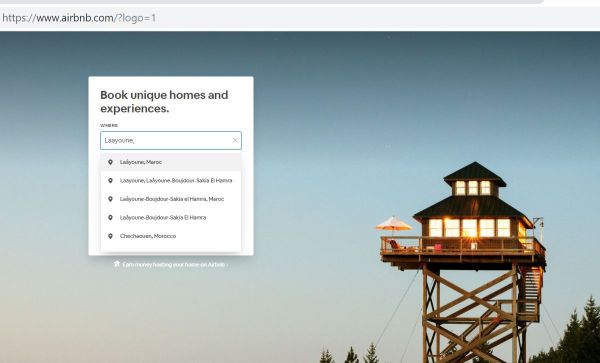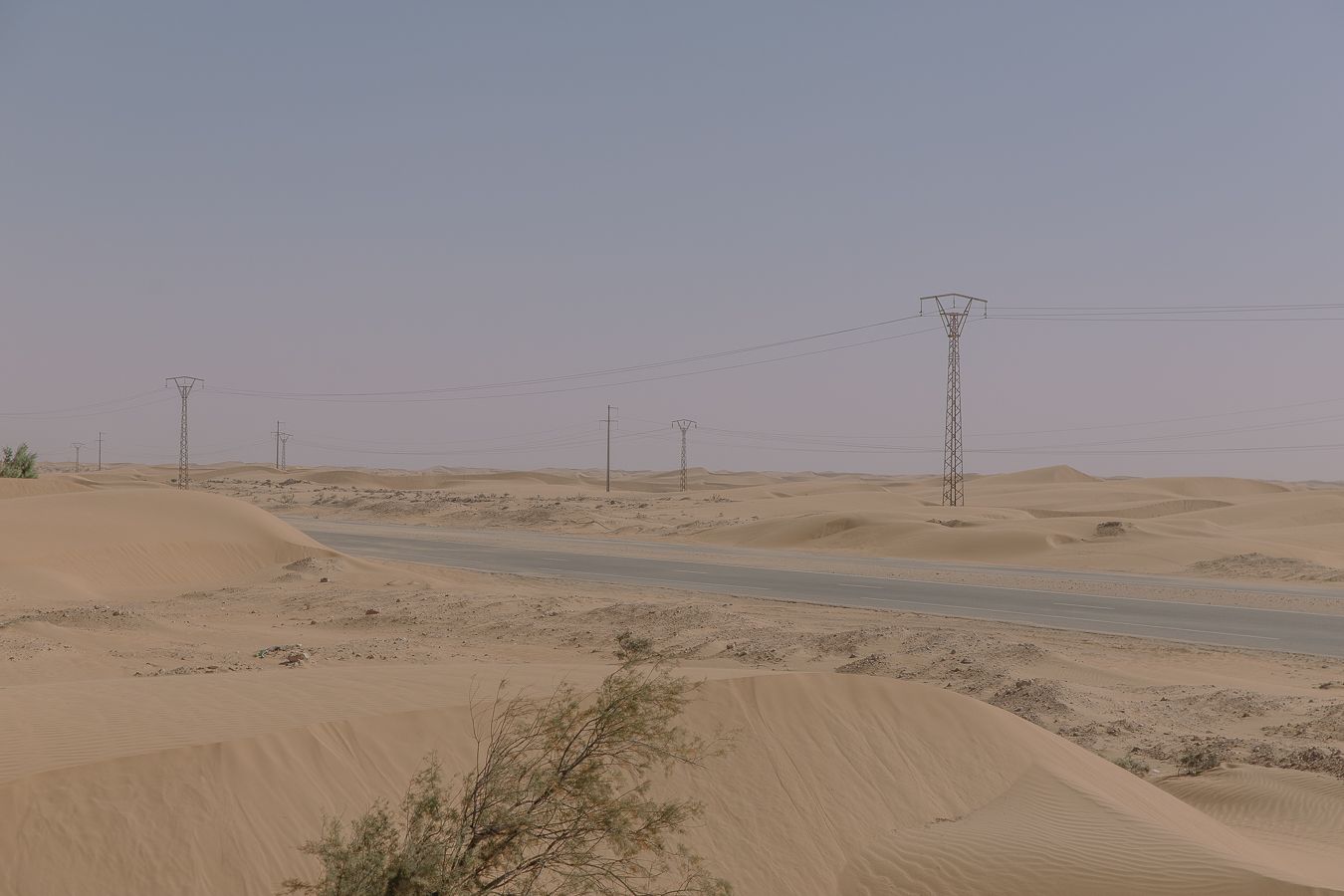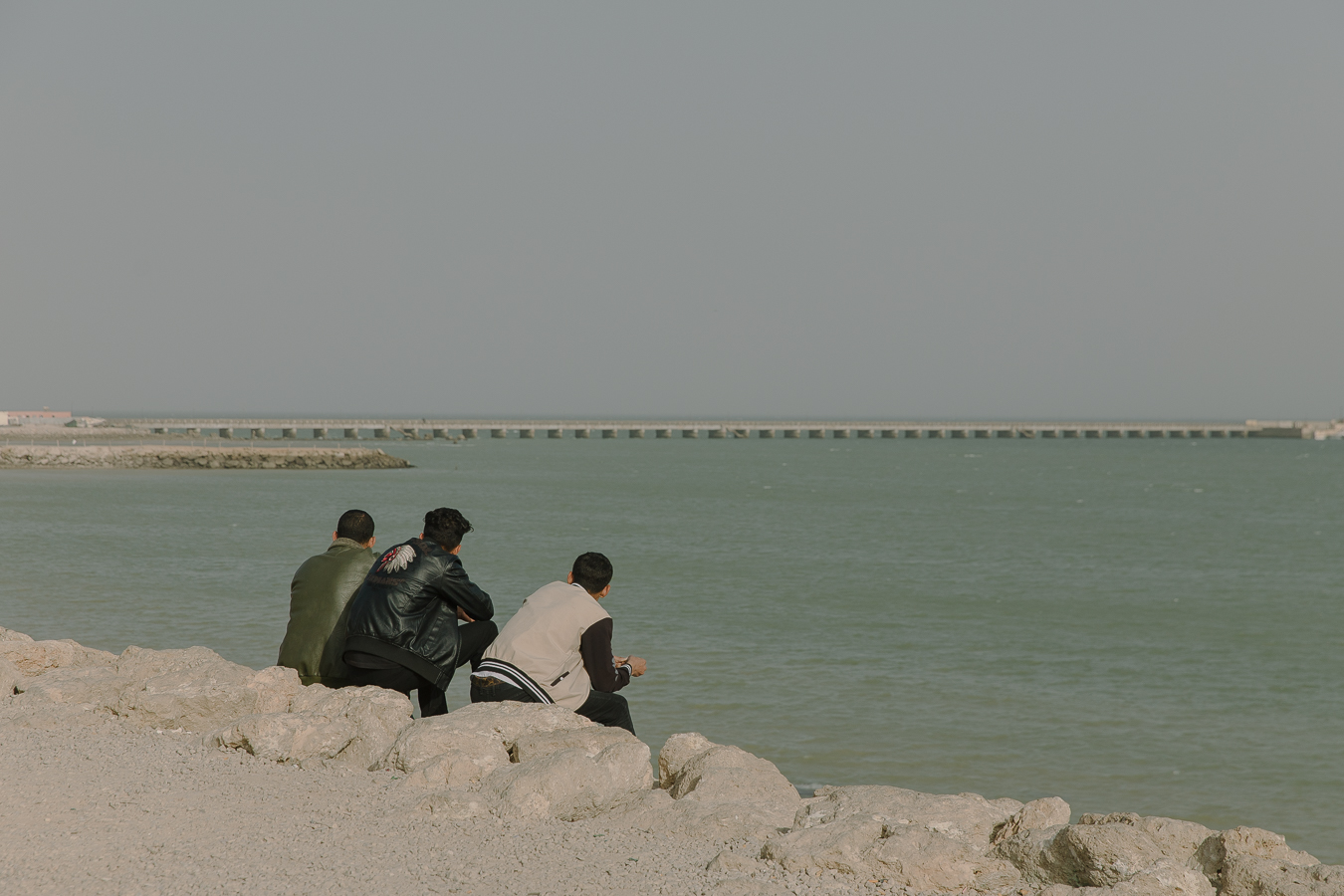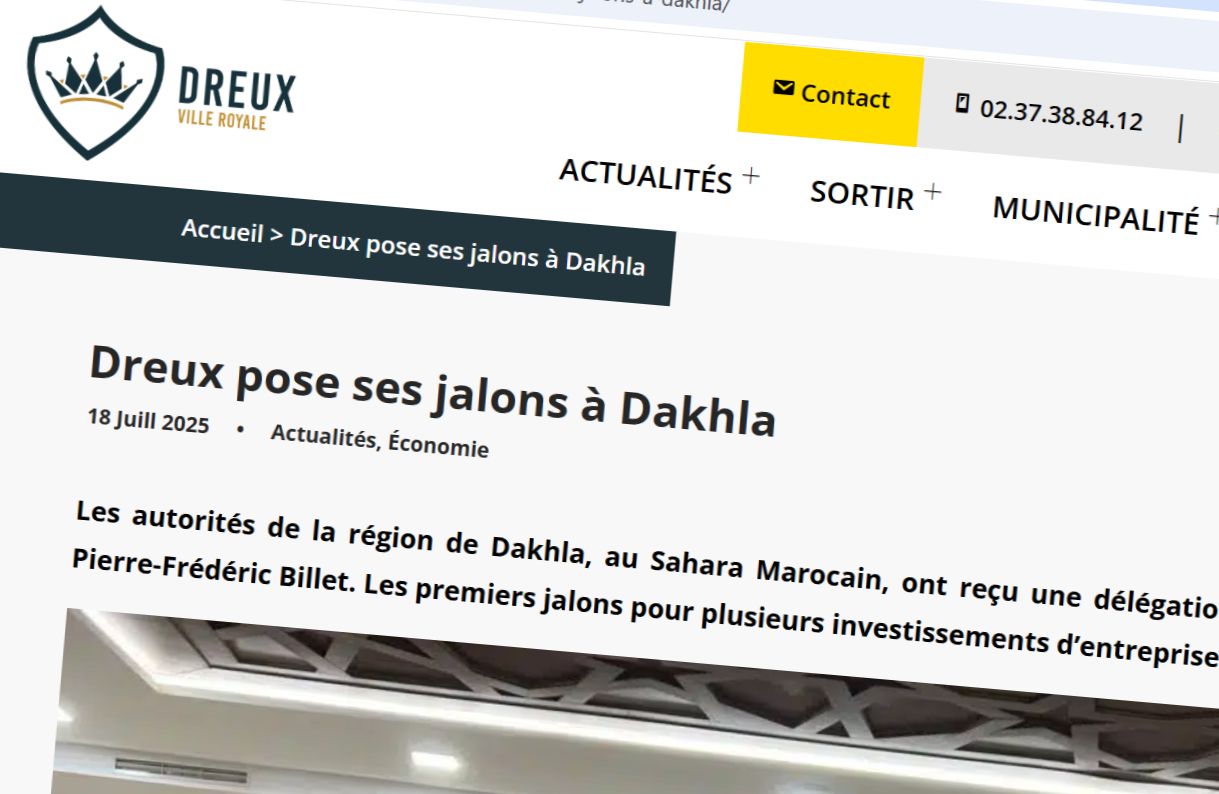
The global match-maker of private accommodation has delisted providers in Israeli settlements and Crimea, but seem to apply different standards to similar situations of occupation. Saharawis object.
The news that Airbnb last month removed from its website all listings located in illegal Israeli settlements was widely covered in international media. The decision was made prior to the publication of a Human Rights Watch report that was to be published the following day. See press release from Airbnb [or download].
Following the news, Times of Israel quoted an Airbnb official saying that “In the statement we issued on Monday, we noted that we have developed a framework for evaluating how we should treat listings in occupied territories around the world. Western Sahara is one example of a place where we will use this framework,” the official stated.
The problem of Airbnb's litings have not yet been settled. As of 8 December 2018 there were 51 listings in the town of Dakhla, nine in El Aaiún and one in Smara, all on occupied land.
The issue is controversial, as the providing of listings contributes to the settlement, colonisation and occupation of the territory. Only a few months ago, representatives of the Saharawi reported a tourist operator to French police for violating French laws of colonisation . Near all of the hosts in the town of Dakhla mention the easy access to the controversial Moroccan-foreign tourist kitesurfing sector by the beach. The sector largely employs settlers, and the representatives of Western Sahara have not given Airbnb permission to market listings in the occupied territory.
However, the problem of Airbnb's listings in Western Sahara is even bigger than this:
- The company refers to cities in Western Sahara as being located in Morocco. All listings are presented in a country in which they are not. This applies to all maps. Airbnb's representation of Western Sahara as part of Morocco is not in line with the United Nations position. Type in the place name "Laayoune", and the alternative "Laayoune, Morocco" will appear. No state in the world recognises Western Sahara as being part of Morocco.
- Places in Western Sahara are written in accordance with Moroccan, not Saharawi, writing practices. "Laayoune" should be written "El Aaiún".
- The hosts themselves present false statements about the territory. "Excursion Sea and Desert is a travel and tourism agency based in Dakhla, Morocco", one of the listings writes. "The only camping site in Morocco accessible with a flight", another writes. Around half of all hosts in Western Sahara make references such as "Moroccan living room", "the room is decorated with Moroccan arts", "we can prepare typical Moroccan home made dishes" etc.
“We call on Airbnb to apply the same policy on similar legal situations, and immediately implement its framework to the occupied Western Sahara. The occupied part of Western Sahara should not be dealt with differently only because it is a less known occupation than the one of Palestine”, Sara Eyckmans of Western Sahara Resource Watch stated.
People in the occupied territory and refugees abroad have increasingly taken to social media to protest Airbnb's practices.
After the critique of double-standards, Airbnb added further elements to its original press release of 19 June. Among the new information, is that the company had earlier removed listings in Crimea.
It is not clear why listings still appear in occupied Western Sahara. Find here a good study from the Policy Department of the European Parliament, regarding the legal similiarities between Palestine, Crimea and Western Sahara. The study was made before the four different court cases in the Court of Justice of the EU in 2016 and 2018 stating that Morocco has no right to Western Sahara.

Morocco pushes enormous green hydrogen plans in occupied Western Sahara
The Moroccan government has confirmed several green hydrogen projects totalling 20 GW of renewables and up to 8 million tonnes of derivatives - many planned in occupied Western Sahara.
Polisario goes after leading French banks
The representation of the people of Western Sahara has lodged complaint against the banks BNP Paribas, Société Générale, Crédit Agricole, the insurance company Axa Assurance, airline Transavia and tourist agency UCPA over the accusation of colonisation.
Canary trade mission to legal minefield
A publicly organised mission will take Canary companies into occupied Western Sahara later this month.
French publicly-owned firm plans energy project in occupied Western Sahara
The French town of Dreux considers ignoring a ruling in the French courts and to engage with a controversial energy operation in occupied Western Sahara.



